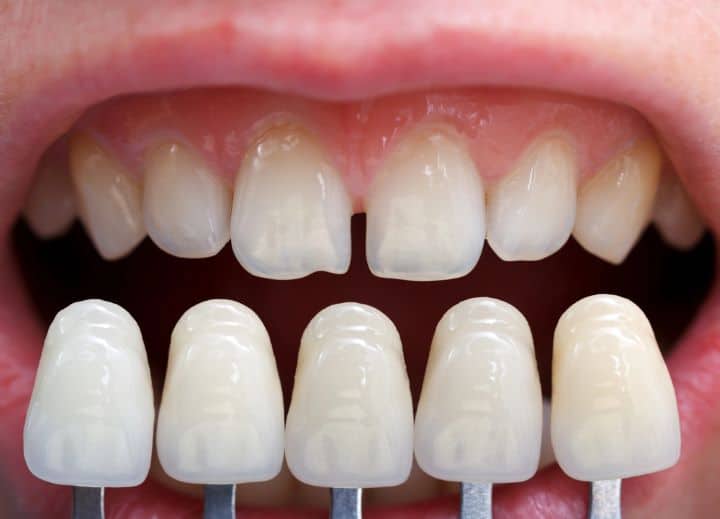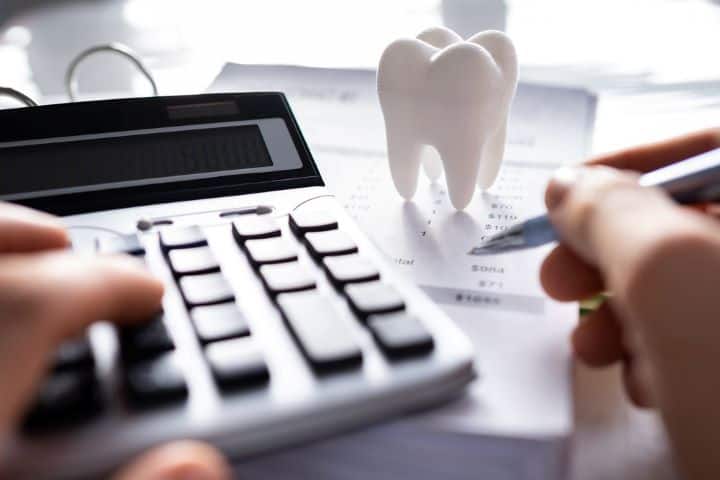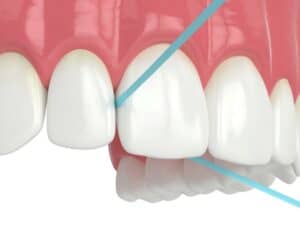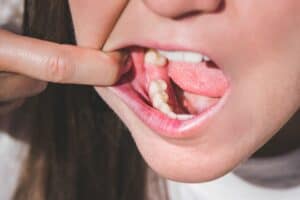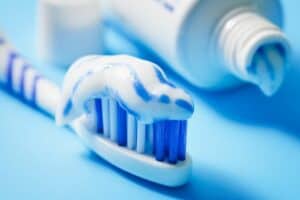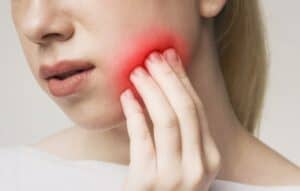Getting a tooth extracted is sometimes the best option if your tooth is infected or the damage is irreversible.
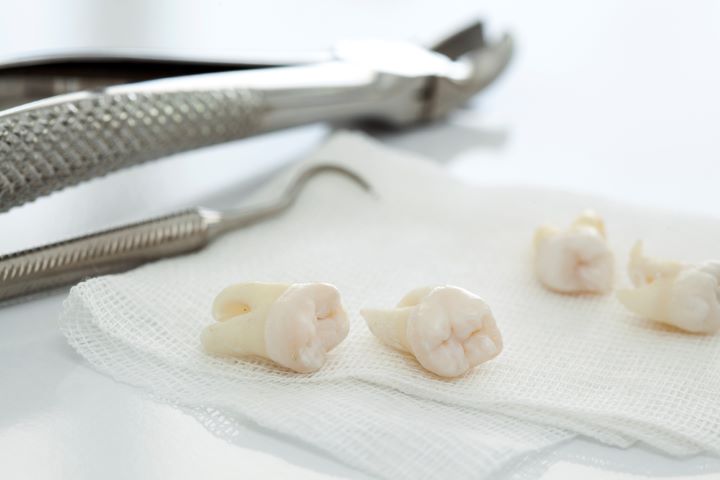
Dentists always try their best to keep your real teeth, but sometimes you’ve to go through dental extraction.
It’s important to know about tooth pulling, the types of actions involved in doing it, and when this is needed. This article will also help patients handle their aftercare properly post-extraction.
Tooth Extraction Overview:
When teeth can’t be fixed, are in bad shape, or might cause problems with your whole mouth health, dentists or oral surgeons suggest a common thing called tooth pulling.
The process means taking out the tooth from its spot gently, and this is done under local anesthesia to make it less painful.
The dentist uses special tools to make the tooth loose and take it out. Patients may feel a little uncomfortable after dental extraction due to swelling and bleeding.
It’s important to follow the advice for care after treatment. This helps good healing and stops problems from happening.
Types of Tooth Extractions:
There are two primary types of tooth extractions: simple extractions and surgical extractions. In simple extractions the teeth are reached and pulled out easily, using forceps.
Surgical extractions, however, are more complex methods done for teeth that have problems or broken pieces that need other medical steps.
Picking between these ways depends on the state of your tooth and its place in your mouth.
When Extraction is Necessary?
Bad teeth decay, and can sometimes cause gum sickness, and damage to other teeth making them beyond fixing. These teeth need to be taken out.
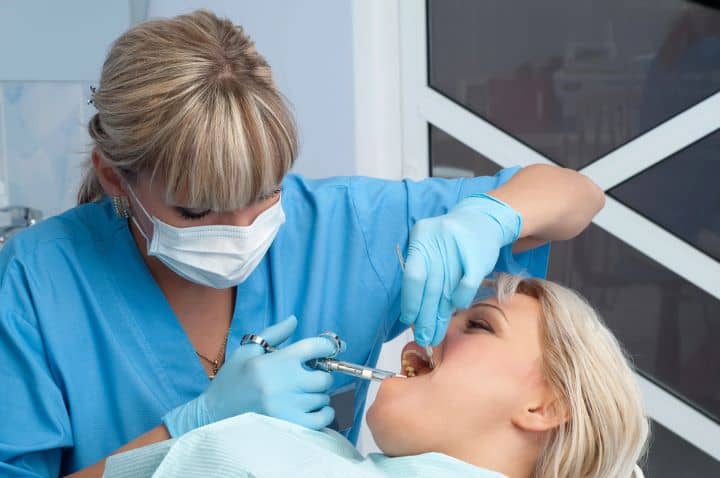
Wisdom teeth, which are often stuck and can cause pain or the teeth getting out of place, are usually removed. Sometimes, orthodontic treatments also require a tooth to be removed, to ensure good access.
Knowing when extraction is needed lets people make good choices about keeping their teeth healthy.
Going to the dentist regularly, and fixing dental problems quickly help stop teeth issues from getting worse. This keeps your smile strong, healthy, and working well without having to remove any of them.
Tooth Extraction Aftercare:
Whatever the reason maybe, after you’ve gotten your tooth extracted, there are some things to watch out for so that your healing goes well and problems stay away.
The time just after we take something out is very important for good healing and to avoid possible complications.
Immediate Aftercare Steps:
When you have a tooth pulled out, it is very important to do quick care steps right away. This helps healing happen faster and lowers the chances of getting sick.
The person should bite a bit on a clean gauze put over the area where their tooth was pulled to stop bleeding. It’s best to replace the cloth when needed and not cough too much.
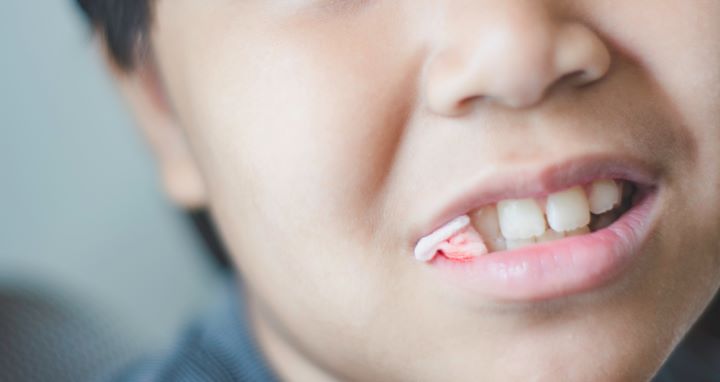
This could make it hard for a clot of blood to form properly. People should not drink through straws or smoke because these can also cause the clot to move.
It’s also important to keep your teeth clean. For the first 24 hours, patients should brush their teeth softly without touching the place where they took a tooth out.
Using a saltwater mix to wash your mouth can help keep it clean and support getting better.
It is very important to do whatever the dentist tells you about taking care of your mouth after an operation.
Managing Pain and Discomfort:
Tooth extraction often causes pain and discomfort, but we can handle it well. Dentists usually give patients pain medicines or suggest easy-to-get medicines (analgesics) that help with pain.
People should use these medicines the right way to stay ahead of aching and keep feeling good. Putting an ice pack on your face for the first day can help to lessen swelling and also stop the bleeding.
For the first few days, it’s important to eat soft foods so you don’t press hard on your healing place.
Getting enough sleep and not doing too much can also help us get better faster. Eating soft and cold foods, like ice cream can also help relieve your pain.
Preventing Dry Socket:
When the blood clot in your mouth is moved too soon or falls off, the tooth extraction can lead to a dry socket causing pain and discomfort.
To prevent dry sockets, people should not spit too hard or rinse their mouth harshly, when they first feel the problem. You should not use straws to drink, or smoke tobacco, as this can prevent a proper clot from forming, and throw you in a bad situation.
It is also very important to follow all the instructions that your dentist has provided you with and contact your dentist in case you encounter any issues.
Dental and Oral Hygiene:
After getting a dental extraction, it’s very important to take care of the affected area properly.
Good dental hygiene and oral care speed up the healing process and prevent possible complications from occurring. This care means watching what you are eating and keeping your teeth.
What to Eat After Extraction:
For the first few days after you have a tooth pulled out, it’s important to opt for soft foods that are easy to chew and swallow. Soups, yogurt, mashed potatoes, smoothies, and properly cooked pasta are some great options.

Hot and spicy foods should be avoided, as well as the ones having small seeds or crunchy parts. This will help stop irritation and keep the area clean during healing.
You should take plenty of fluids and water but do not use straws to do so, as sucking can break off healing blood clots.
Oral Hygiene Guidelines:
Keeping your mouth clean is very important after having a tooth extracted. It’s important to brush your teeth and tongue gently. Extreme care should be taken at the spot where a tooth was removed so that it doesn’t make us uncomfortable or prolong the healing process by damaging the area.
Washing your mouth with warm water can make it cleaner and lower the chances of getting an infection. Following your dentist’s advice regarding oral hygiene is the best thing you can do for your teeth.
When to Resume Normal Activities:
You need to rest your mouth, after having a tooth extracted. But as you get better, it’s good to start doing your normal activities again slowly and start eating normal food. People should not do hard things in the first few days.
They should listen to what their doctor says about when they can start normal exercise and daily chores again. In the end, eating a good mix of foods, taking care to clean teeth well, and slowly going back to normal activities are key parts of doing tooth removal aftercare correctly.
Possible Complications:
Tooth extraction is a routine dental procedure, and complications are rare, but like any other medical intervention, there may be some minor complications that patients should be aware of during the crucial postoperative period. Proper aftercare can help minimize complications and risks.
Signs of Infection:
Though getting an infection is rare, it’s still a big problem after having your teeth removed.
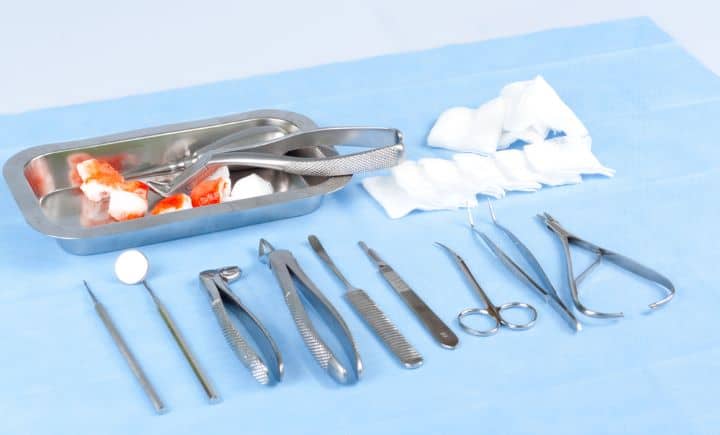
People must watch out for things like pain that won’t go away or get worse, swelling, redness, or leakage near the extraction site.
Having a fever or feeling a bad taste in the mouth are also signs of infection. Keep your mouth very clean by doing what the dentist says and taking the medications prescribed.
Dealing with Bleeding:
Sometimes, a little bit of bleeding is okay after getting your teeth removed. But if it bleeding reoccurs, or lasts too long, it is the thing to be worried about. People should chew on the gauze given by the dentist for as long as told to stop bleeding.
If you still bleed, biting on a wet tea bag can help. This is because it has tannic acid which helps make blood clots faster. Raising the head and not doing hard activities can also help to stop bleeding.
When to Call the Dentist:
If you have bad pain, swelling, or bleeding for a long time, you must call your dentist right away.
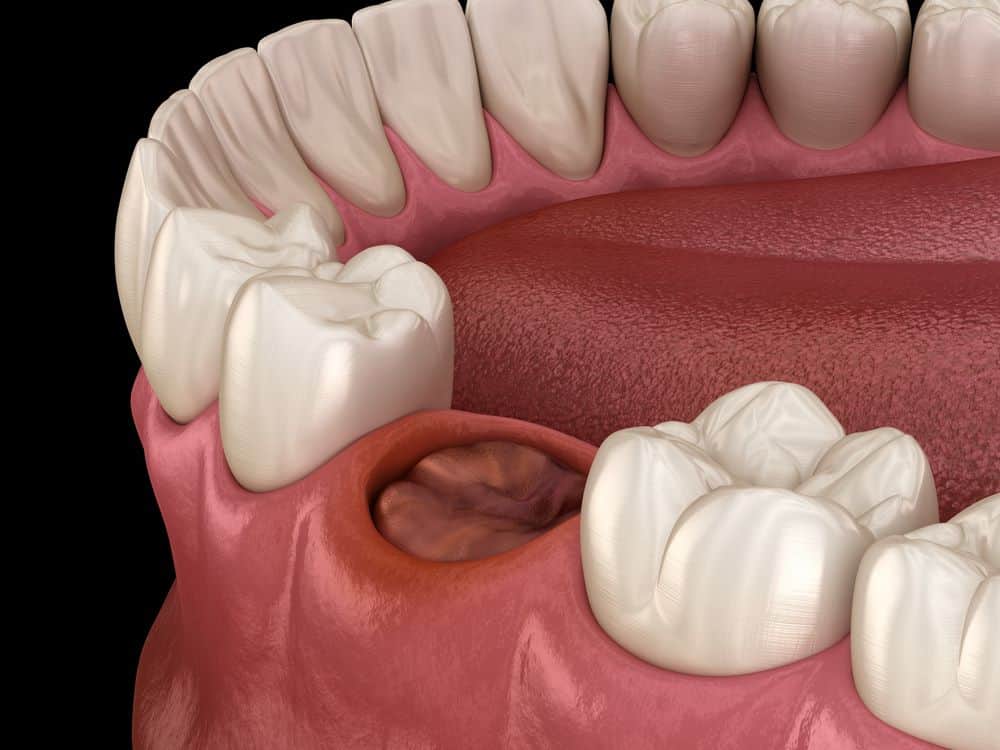
If there are any signs of infection like fever or discharge, you should get help.
Moreover, you must also see your dentist, if you are worried about getting better or if the given care steps don’t work.
Effective talking can help your wound heal faster and prevent possible complications.

